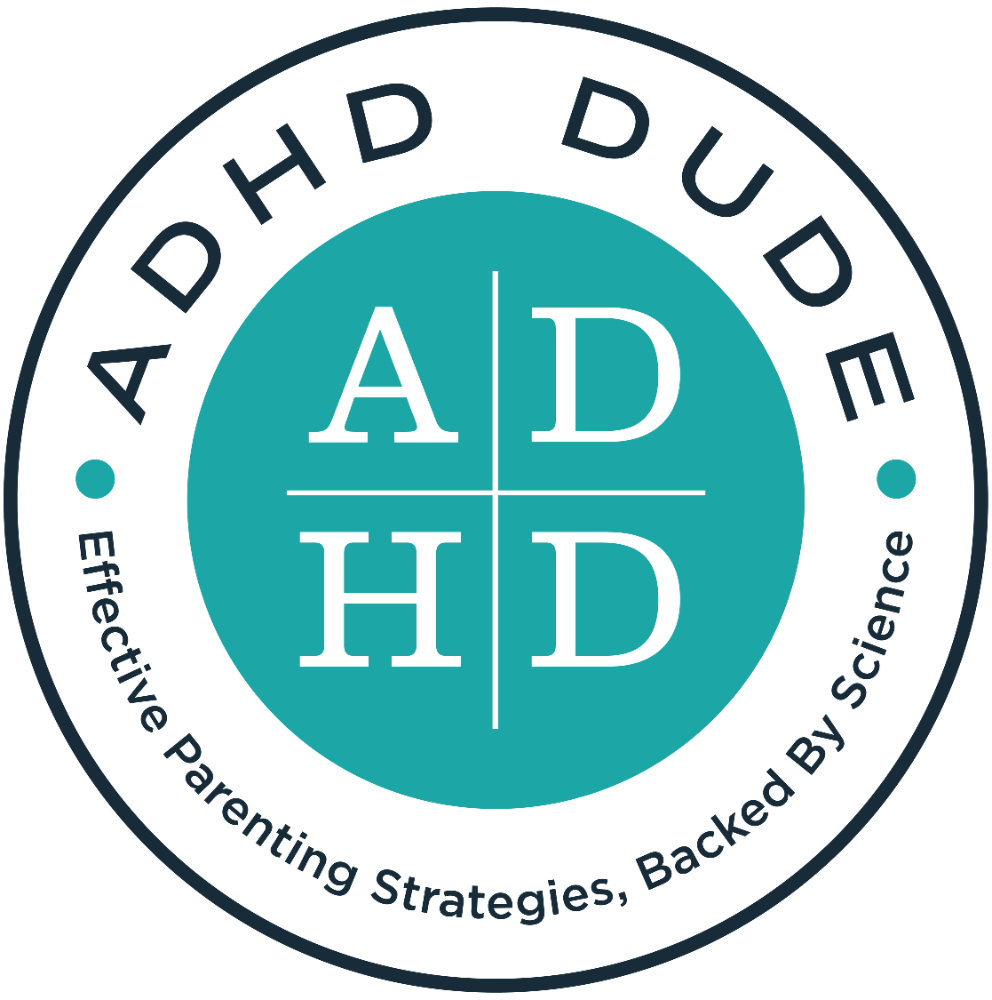ADHD Kids Agressive Behavior Towards Family Members

ADHD Kids Aggressive Behavior Towards Family
Child-to-parent violence within the home can be a deeply concerning and stressful experience. This article aims to reassure parents that they are not alone and equip them with practical strategies to address this behavior in children with ADHD. The evidence-based approach outlined here can be a powerful tool for creating a safer and more positive family environment.
Why Traditional Methods Often Fail
Many parents instinctively resort to punishment when faced with aggressive behavior. However, research indicates that this approach is largely ineffective for children with ADHD. Due to challenges with future thinking and emotional memory, children with ADHD may struggle to connect the punishment with the action later on.
Prioritizing Parent Training and Support
While therapy can be a valuable tool in a child's overall treatment plan, the American Academy of Pediatrics prioritizes parent training alongside medication management (for children over 6) as the first line of defense in addressing child-to-parent violence. For younger children, parent training is recommended first, followed by medication if necessary.
The Importance of De-escalation Techniques
Our natural inclination is to talk a child down when they become increasingly agitated. However, children often struggle to process information effectively in these heightened emotional states. In these moments, remaining calm and silent can be the most effective action.
A Practical Protocol for Change
- Taking a Firm Stance: Communicate your disapproval of their behavior. A simple statement such as, "I will not tolerate you hitting me," establishes a firm boundary.
- Enlisting Supportive Adults: Identify adults your child respects, such as grandparents, aunts/uncles, or mentors. These supportive adults can offer unconditional support during challenging moments. They can remind your child of their strengths and encourage positive behavior. This approach activates "constructive shame," a healthy internal compass that helps them understand the consequences of their actions.
Empowering Parents to Take Charge
- The Announcement: Write a letter outlining your child's strengths and expressing your love. Acknowledge that the current situation is not working and that changes are necessary. Explain the changes you will be implementing, including enlisting supportive adults. This empowers you and sets clear expectations for your child.
- Planning for Episodes of Violence: Develop a plan for how you will respond when your child becomes aggressive. This might involve calmly separating yourself from the situation and reminding them (as explained in the announcement) that this is about safety, not punishment. Consider leaving multiple copies of the announcement letter around the house as a constant reminder.
Addressing Misconceptions
Social media may promote connection and empathy as the sole answer, even during violent outbursts. However, rewarding negative behavior with attention can reinforce it.
- The Clean-Up: Once calm is restored, have your child make amends through a simple chore or apology. This teaches them responsibility and the importance of reciprocity in relationships. As a parent, it's important to model this behavior yourself if you lose your temper.
Moving Forward with Confidence
This protocol is based on Dr. Haim Omer's Nonviolent Resistance methodology. Remember, you are not to blame for your child's behavior, but change is necessary. By implementing these steps, you can create a safer and more positive environment for yourself and your child.
Additional Resources
The ADHD Dude Membership Site contains the resources mentioned in this blog, including the Scaffolding Better Behavior program and downloadable announcement letter.
I am committed to empowering parents and ensuring a brighter future for children with ADHD. If you require further support, please don't hesitate to explore the resources available at the ADHD Dude YouTube channel or membership site.
Join Our Mailing List To Get Our Newsletter and Latest Updates
We will never SPAM.


